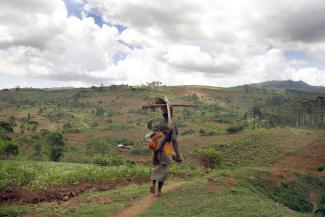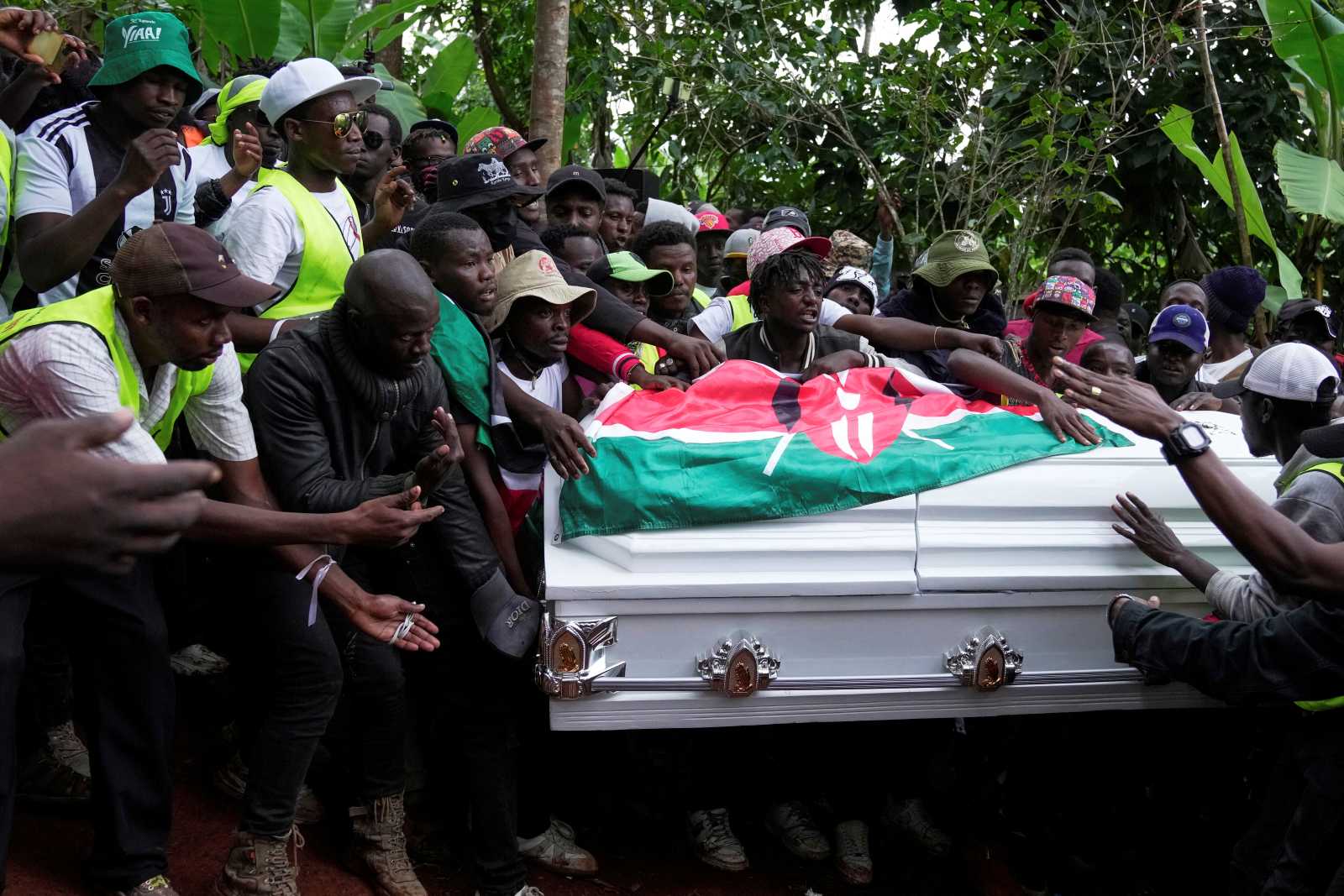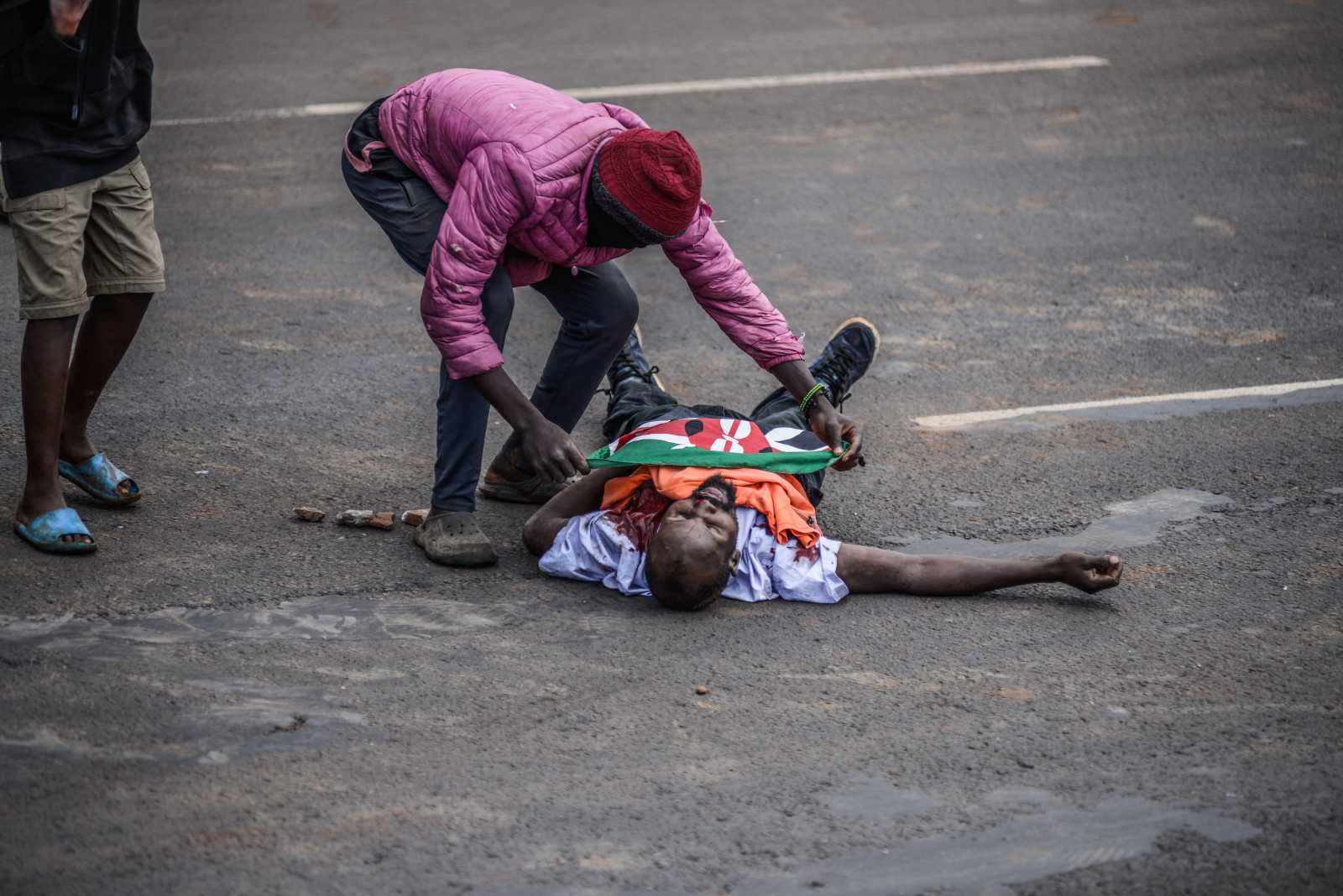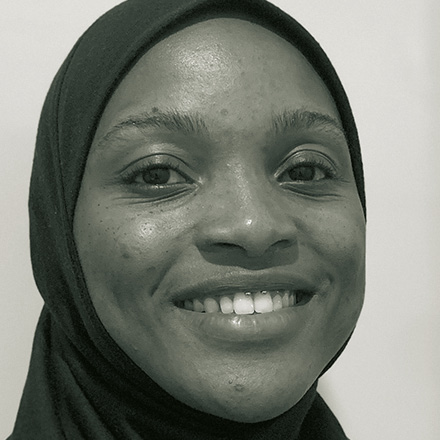Malawi
Democratic achievements, but insufficient growth

In May 2019, presidential elections confirmed incumbent Peter Mutharika in office in Malawi (see my essay in Tribune section of D+C/E+Z e-Paper 2019/04). Nationwide protests erupted fast. The two leading opposition parties, the Malawi Congress Party (MCP) and the United Transformation Movement (UTM), went to court. In early 2020 the judges annulled the election in view of systematic fraud. The Constitutional Court ordered new elections to be held. They took place on 23 June 2020.
MCP and UTM formed an alliance, which also involved some smaller parties. It was called “Tonse Alliance“ (all of us) with MCP leader Lazerus McCarthy Chakwera as its presidential candidate. His share of the vote was 59 %. His electoral victory, and inauguration on 28 June 2020, set the course for fundamental political and economic reforms. The long-term strategy “Malawi 2063” sets the ambitious goal of making Malawi an upper-middle-income country by 2063.
The challenges are huge. Today, 70 % of the people live in poverty. According to the UNDP, Malawi’s Human Development Index has hardly improved in the past 10 years. Rainfed subsistence agriculture is the bedrock of the economy and most peoples’ livelihoods. The foundations for a sustained poverty-reducing growth are not in place. The Covid-19 pandemic has negatively affected the economy and exacerbated inequality.
In the election campaign, the Tonse Alliance convinced voters by promising to fight corruption, create jobs, subsidise seeds and improve social services. However, the new government‘s fiscal space is limited. It cannot spend massively to live up to its election pledges.
In view of the rising budget deficit and sovereign debt, improved governance with a comprehensive reform of the county’s public financial management system is a prerequisite to pave the way for the implementation of development-oriented and poverty-reducing policies. The four key structural budget problems that need urgently to be tackled are:
- The domestic revenues do not cover the government’s recurrent expenditures and need to be partly financed by loans.
- The high share of statutory expenditures (including debt servicing) leaves no leeway to finance priority projects or emergency measures.
- To achieve a structural transformation of the economy, the government’s investment expenditures must increase significantly, and so must domestic and foreign direct investments. Government agencies’ spending efficiency needs to be enhanced; this may have a greater effect than raising more revenues.
The government is aware of the challenges. Its policies aim to reform the public service and boost its capacity and effectiveness. Modernising the public financial management system is a key element. President Chakwera has made fighting corruption a top priority.
He has now been in office for almost one year. Critics say his Tonse Alliance government is not following up its forceful rhetoric with action. Nonetheless, the government’s clear analysis of the challenges and the steps taken so far give reason for optimism. Malawi voted for political change, conclusive reforms and strict anti-corruption policies. There are no indications yet that the government is deviating from the voters’ mandate. If it does, it will quickly lose the peoples’ trust and support. It will be difficult, though, to reconcile the high expectations with the fiscal and economic reality.
Rolf Drescher is based in Lilongwe and heads the GIZ project „Strengthening public-finance management in Malawi”. He is expressing his personal views here and not spelling out GIZ policy in any way.
rolf.drescher@giz.de
rolf.drescher@t-online.de














